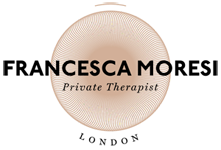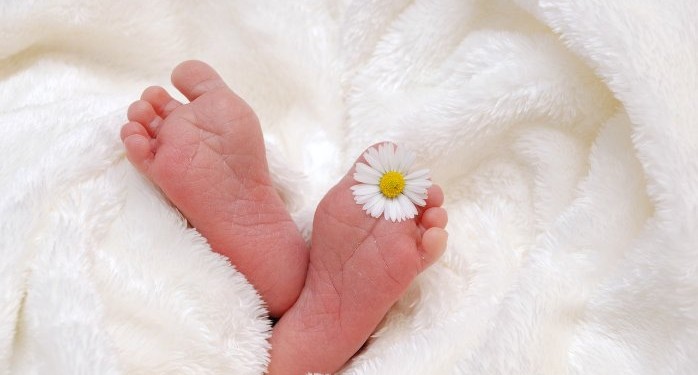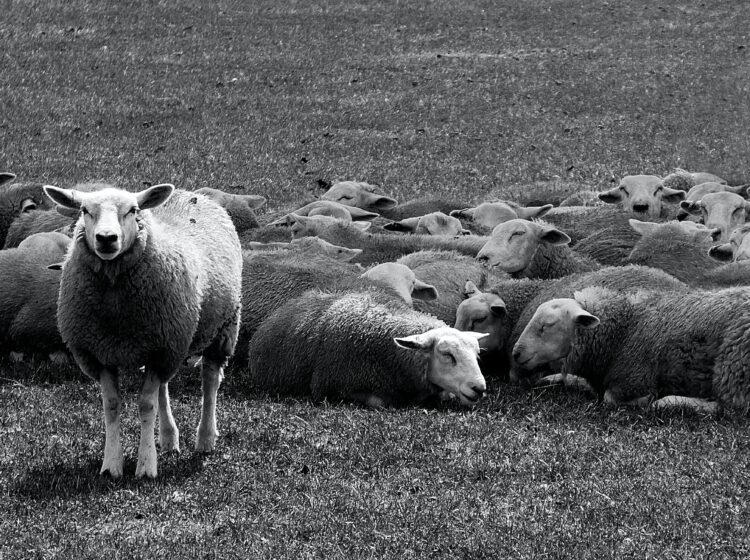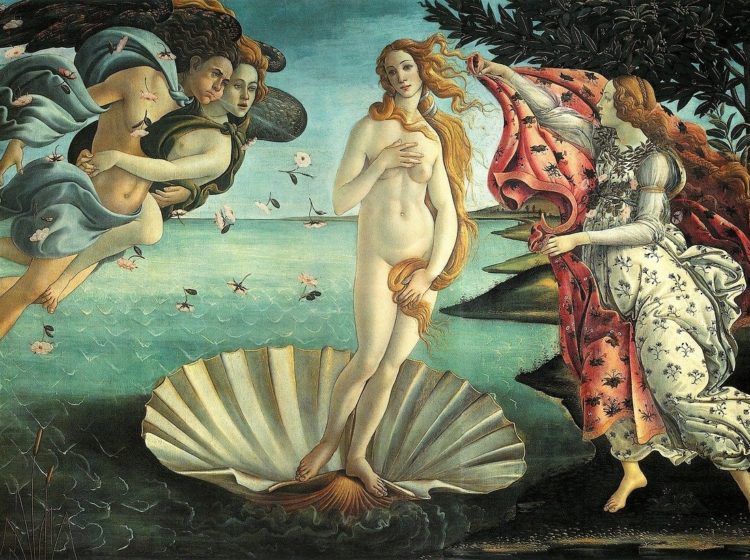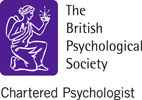A woman is not born a mother, but rather, she becomes one.
This process starts with pregnancy and takes place day by day, experience after experience, yet develops differently for each woman. It is usually more defined when the baby arrives, and will continue for months and even years after the baby is born.
What happens to a woman when she gets pregnant?
When you are pregnant you are supposed to be happy: mass media and our collective imagination tell us that pregnancy is bliss and fulfillment.
And certainly pregnant women do feel joy and many other positive emotions. However, pregnancy is a whirlwind of emotions, some of which are overwhelming, unexpected, and not always positive: women can experience anxiety, a sense of inadequacy, fear, tiredness, sadness, and so much more.
Women will have to create a new identity as mothers and it can be quite challenging; they have to deal with physical, psychological, emotional and relationship changes in order to find a new balance.
In fact, on top of the hormonal turmoil, becoming a mother makes women relive the conflict of their own childhood, the attachment experience to their mothers, the memories of challenging relationships in their families, and any other conscious and unconscious wounds and traumas. All the unfinished business related to their own experience of mothering emerges intensely during pregnancy and persists after birth.
This is not just a limitation for the mother-to-be, who won’t fully enjoy the pregnancy, but is also an issue for the bond that mothers create with their babies during pregnancy.
Research shows that the psychological life of the baby starts during pregnancy and many studies have focused on the fetus’ receptiveness, demonstrating that uterine experiences are the basis for the physical and psychological development of the baby. It’s been proven that during pregnancy babies are subjected to their first conditioning and, potentially, to traumas; they are also able to experience specific emotions.
If mothers experience intense and prolonged stress during pregnancy, this can damage the development of the fetus, modifying the formation of the nervous system and even the temperament of the baby. If pregnant women suffer from depression, their children are more likely to develop intense sadness or depression from a very young age.
Mothers’ unfinished business related to their own experience of mothering, as well as relationship issues or unresolved conflicts, also have an impact on their ability to create a healthy relationship with the baby after birth. These mothers may experience ambivalent emotions and struggle to recognise and meet the needs of their babies.
How can counselling help?
Prenatal counselling
This offers a non-judgmental environment where women can share and express all of their emotions and fears whilst feeling safe and understood. Mothers will become aware of the relationship between what they experience and what the baby will therefore experience. The goal of prenatal counselling is to address and heal any old psychological wound so that mothers can be free from the stress and/or traumas they experienced when they were babies and that still have a negative impact on their physical and psychological well-being, either consciously or unconsciously. Mums are also helped in the transition to their new identity. Prenatal counselling is then about the prevention of stress and promotion of well-being in pregnant women, helping them to create a positive first bond with their babies, and making sure they are prepared to welcome them.
Postnatal counselling
This is a safe space for mothers to express “inconvenient” emotions that may arise after birth and where they can share difficulties dealing with their role of mother. Through the gentle guidance of the counsellor, women will then find renewed inner resources to deal with this new part of their identity; their sense of competence and adequacy will be strengthened and they will feel confident as mums. Postnatal counselling will facilitate a good relationship with, and a healthy attachment to, the baby.
